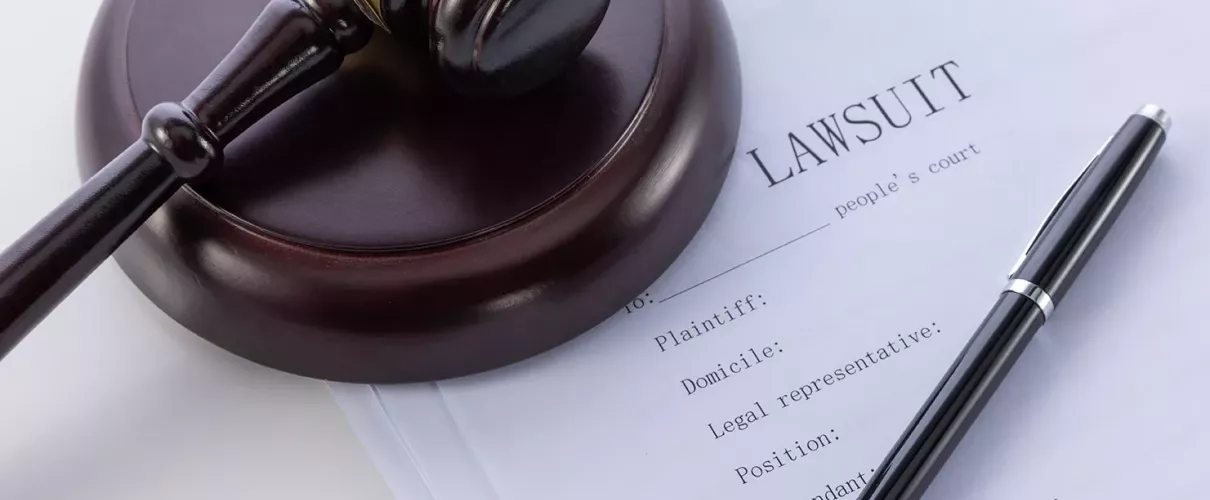What to Think About Before Filing a Lawsuit

We live in a litigious society. But, if I’ve learned anything over nearly three decades of high-stakes litigation, litigation is never easy and never cheap. Here are eight factors you should carefully consider and discuss with a good litigator.
Cost/Benefit
First and foremost, do the rewards of the potential litigation outweigh the risks? You must weigh the various risks involved in filing and potentially losing a lawsuit versus whatever it is you stand to gain by winning the lawsuit.
Will you Win
Take an objective look at the facts and circumstances of your case and ask yourself, “Can I really win?” What evidence do you need to win? Do you have that evidence? How can you prove your case? Might the other side file counterclaims? Do you have evidence to defeat any likely counterclaims? You may be 100 percent confident that you have been wronged and you deserve compensation, but if you don’t have the evidence or there is some other reason that you stand to lose the case, then it is probably not worth it for you to pursue legal action.
Alternatives
Make sure you consider all possible alternatives to litigation. Don’t assume that some other method of recovery won’t work. You may be able to simply send a demand letter and that will be enough to resolve the dispute. If not a demand letter, some other settlement or alternative form of dispute resolution like mediation may be a better route depending on the circumstances of the case.
Collectability
Winning a lawsuit is great, but a judgment in your favor that can’t be collected is just a piece of paper. You, with your lawyer’s help, should consider whether you will be able to collect your award when you win. The opposing party may not have the funds to pay you what you are owed or could declare bankruptcy. If an award is not collectible, you may not want to spend the money it will take to litigate the case in the first place.
Time
How much time are you truly willing to spend mired in litigation? Is your time better spent on your core business? Litigation can be a long and drawn-out process, and it is expensive. Think about how important it is to you to win the case and weigh that against your opportunity costs. If you are busy with a court case, that is time you will not be able to spend on your actual business, improving your product and making money.
Willing to involve witnesses
Another factor you may need to consider is whether or not you are willing to involve witnesses whose testimony may be vital to winning your lawsuit. Their knowledge may be key, but perhaps the witness is someone you don’t want to take the stand in a public trial.
Statute of limitations
This one is rather straightforward, but be sure your case isn’t impacted by a statute of limitations. Your lawyers should be able to answer this question for you.
Privacy
Litigation is generally public record. Do you really want the details of your case on display for the world (or a competitor) to see? There could be damaging details involved that you don’t want to become public knowledge.
Latest Articles
Other Topics
- News (1)